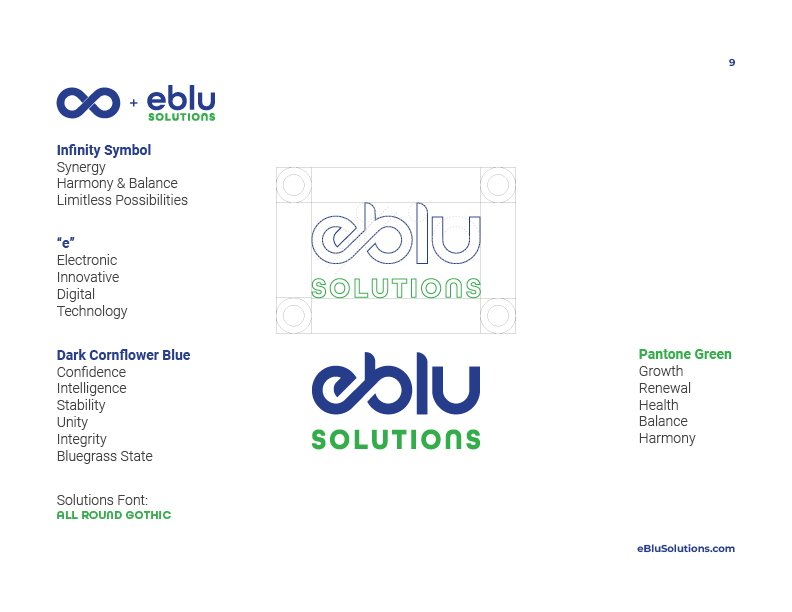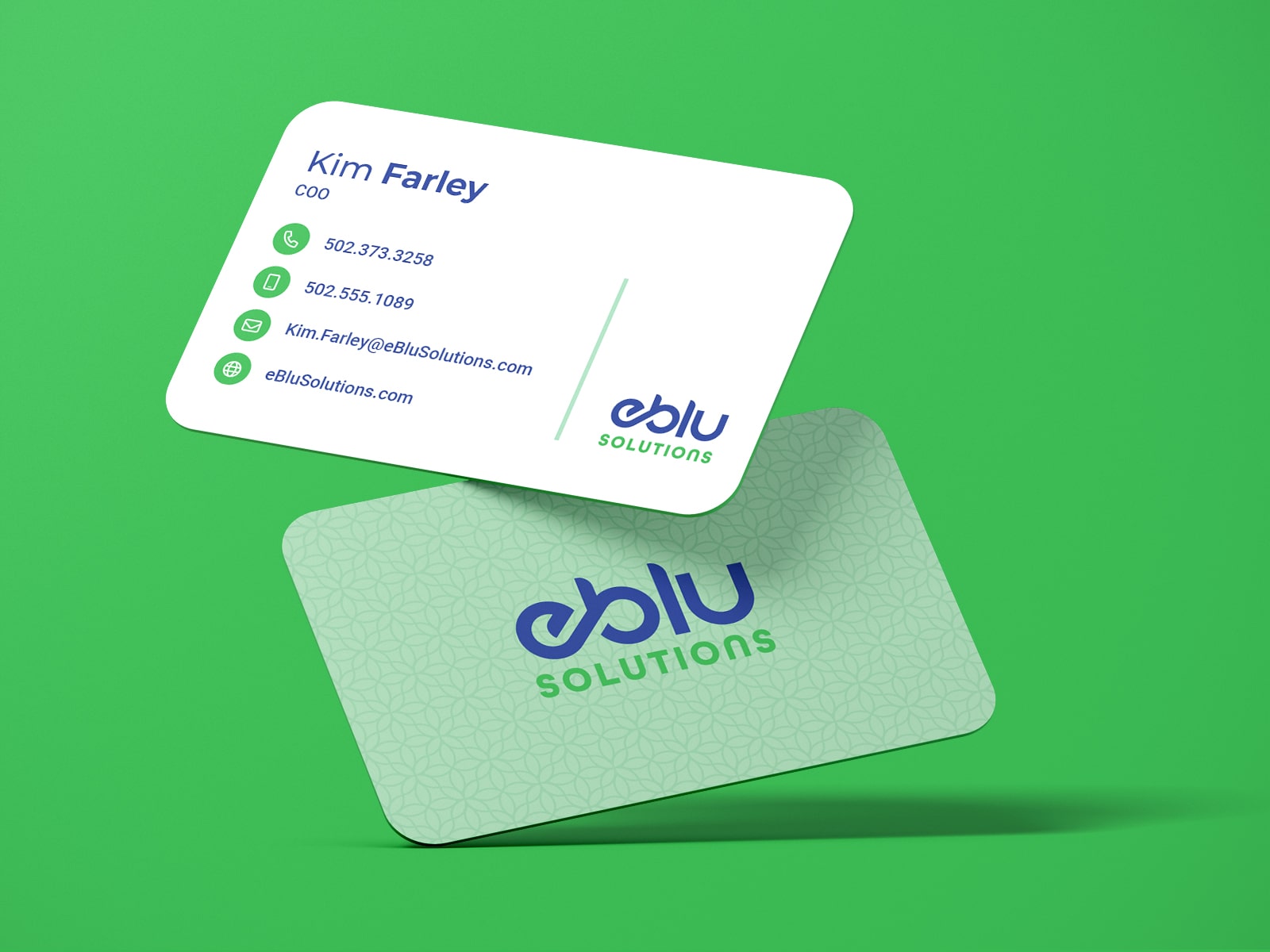
Prior authorization is a process that many healthcare providers must go through in order to receive reimbursement for certain medications, tests, or treatments. The process is designed to help prevent healthcare providers from over-prescribing or ordering unnecessary treatments or tests. It is also designed to help healthcare providers ensure that their patients are receiving the most cost-effective and medically appropriate care. Let’s take a few minutes to gain a better understanding of the prior authorization process, including the different types of prior authorization requests, the process for submitting and appealing prior authorizations, and some helpful tips for healthcare providers to help them navigate the process.
What is Prior Authorization?
Prior authorization is a crucial process in the healthcare industry that plays a significant role in ensuring that patients receive the most appropriate and cost-effective care. It is a method that healthcare providers must undergo to receive reimbursement for certain medications, tests, or treatments. This process acts as a safeguard to prevent over-prescribing or ordering unnecessary treatments or tests, which in turn helps to control healthcare costs and maintain the quality of care.
When a healthcare provider needs to prescribe a medication, perform a test, or administer a treatment that is not typically covered by insurance, they must go through the prior authorization process. This process involves submitting a request to the patient’s insurance provider, who will review the request and determine if it meets the criteria for coverage.
Types of Prior Authorization Requests
Prior authorization requests can be classified into two main categories:
- Formulary Exceptions – Formulary exceptions are requests for medications that are not included in the patient’s insurance plan’s formulary. The formulary is a list of medications that are covered by the patient’s insurance plan. If a medication is not included in the formulary, the healthcare provider must submit a formulary exception request in order to receive coverage.
- Medical Necessity – Medical necessity requests are requests for medications, tests, or treatments that are not typically covered by the patient’s insurance plan. The healthcare provider must provide evidence that the medication, test, or treatment is medically necessary for the patient’s condition in order to receive coverage.
The process for submitting Prior Authorizations
The prior authorization process typically involves several steps and is exceptionally tricky for those patients requiring specialty medication that fall under their medical insurance. It involves several steps that need to be followed meticulously to increase the chances of approval.
Healthcare providers must first complete the prior authorization request form accurately and thoroughly. This form should include all relevant information about the patient, including their medical history, diagnosis, and any supporting documentation such as lab results or medical notes. It is crucial to provide as much detail as possible to justify the medical necessity of the medication, test, or treatment being requested.
Once the prior authorization request form is completed, it should be submitted to the patient’s insurance provider. It is important to keep track of the submission date and any reference or confirmation numbers provided by the insurance company. This will help in following up on the request if necessary. After submitting the prior authorization, the insurance provider will review the request and make a determination. The review process usually takes around 72 hours, but it can take longer for more complex cases, such as those found in specialty medicine. It’s not uncommon for prior authorization approvals to take two full weeks for approval, and has been known to take a full 8 weeks. During this time, it is important for healthcare providers to stay proactive and regularly check the status of the request.
If the prior authorization request is approved, the insurance provider will cover the cost of the medication, test, or treatment. However, if the request is denied, healthcare providers have the option to appeal the decision. In such cases, it is crucial to carefully review the denial letter from the insurance provider to understand the reasons for the denial. This will help in preparing a strong appeal.
If a prior authorization request is denied, the healthcare provider can appeal the decision. The appeal process typically involves several steps. First, the healthcare provider must submit a written appeal to the insurance provider. The appeal must include detailed information about why the prior authorization request should be approved. Once the appeal is submitted, the insurance provider will review the appeal and make a determination. The determination will typically be made within 72 hours, but may take longer depending on the complexity of the appeal. If the appeal is approved, the insurance provider will cover the cost of the medication, test, or treatment. If the appeal is denied, the healthcare provider must either pay the full cost of the medication, test, or treatment or submit a second appeal.
Pro Tip:
Utilizing prior authorization software can greatly expedite the entire PA process, making it a valuable tool for healthcare providers. Software like eBlu Solutions automates and streamlines the prior authorization process, saving time and reducing the risk of errors. With the help of prior authorization software, specialty healthcare providers can easily submit and track prior authorization requests, ensuring a smoother and more efficient workflow.
One of the key benefits of using prior authorization software is the ability to access a comprehensive database of insurance policies and guidelines. This allows healthcare providers to quickly determine if a specific medication, test, or treatment requires prior authorization, saving valuable time and effort. The software can also provide real-time updates on the status of prior authorization requests, allowing healthcare providers to stay informed and take proactive measures if necessary.
Another advantage of prior authorization software is its ability to generate accurate and detailed prior authorization request forms. The software can automatically populate the necessary information, such as patient details, medical history, diagnosis, and supporting documentation. This not only saves time but also reduces the risk of errors or missing information, increasing the chances of approval.
A good ePA (Electronic Prior Authorization) solution should include built-in tools for tracking and managing prior authorization requests. Healthcare providers can easily monitor the progress of each request, ensuring that they are promptly addressed and followed up on. This helps to prevent delays and ensures that patients receive the necessary medications, tests, or treatments in a timely manner. In addition, prior authorization software can provide valuable analytics and reporting capabilities. Healthcare providers can analyze data on prior authorization requests, including approval rates, denial reasons, and processing times. This information can help identify trends or areas for improvement, allowing healthcare providers to optimize their prior authorization processes and increase their chances of approval.
Utilizing prior authorization software can significantly enhance the efficiency and effectiveness of the entire prior authorization process. It simplifies the submission and tracking of prior authorization requests, reduces the risk of errors, and provides valuable insights for process improvement. By incorporating this technology into their workflow, healthcare providers can navigate the prior authorization process more smoothly and ensure that their patients receive the necessary care in a timely and cost-effective manner.
Navigating the Prior Authorization Process: Expert Tips
With the right approach and knowledge, it is possible to increase the chances of approval and streamline the process. Here are some expert tips for healthcare providers to navigate the prior authorization process effectively:
- Be prepared: One of the most crucial tips for healthcare providers is to be prepared when submitting a prior authorization request. It is essential to gather all the necessary information and documentation before submitting the request. This includes the patient’s medical history, diagnosis, supporting lab results or medical notes, and any other relevant information that can justify the medical necessity of the requested medication, test, or treatment. The more comprehensive and detailed the request, the higher the chances of approval.
- Check the requirements: Each insurance provider may have different requirements for submitting and appealing prior authorization requests. It is crucial for healthcare providers to familiarize themselves with these requirements to ensure compliance. By understanding the specific guidelines and documentation needed, healthcare providers can avoid unnecessary delays or denials.
- Follow up: After submitting a prior authorization request, it is essential to follow up regularly with the insurance provider to check the status of the request. Keep track of the submission date and any reference or confirmation numbers provided by the insurance company. This proactive approach will allow healthcare providers to address any potential issues or concerns promptly and increase the chances of a favorable outcome.
- Know your rights: Healthcare providers should take the time to understand their rights and responsibilities when it comes to prior authorization. Familiarize yourself with the health plan’s policy regarding prior authorization, as well as any relevant state or federal regulations. By knowing your rights, you can advocate for your patients effectively and navigate the process more confidently.
- Be proactive in appealing: If a prior authorization request is denied, healthcare providers have the option to appeal the decision. It is crucial to carefully review the denial letter from the insurance provider to understand the reasons for the denial. Use this information to prepare a strong appeal, providing additional evidence or clarification to support the medical necessity of the requested medication, test, or treatment. Be proactive and submit the appeal as soon as possible to avoid any further delays.
Remember, the prior authorization process can be complex and time-consuming. However, by following these expert tips, healthcare providers can navigate the process with greater ease and increase their chances of obtaining the necessary approvals for their patients. Stay prepared, informed, and proactive throughout the process to ensure the best outcomes for both patients and healthcare providers.






